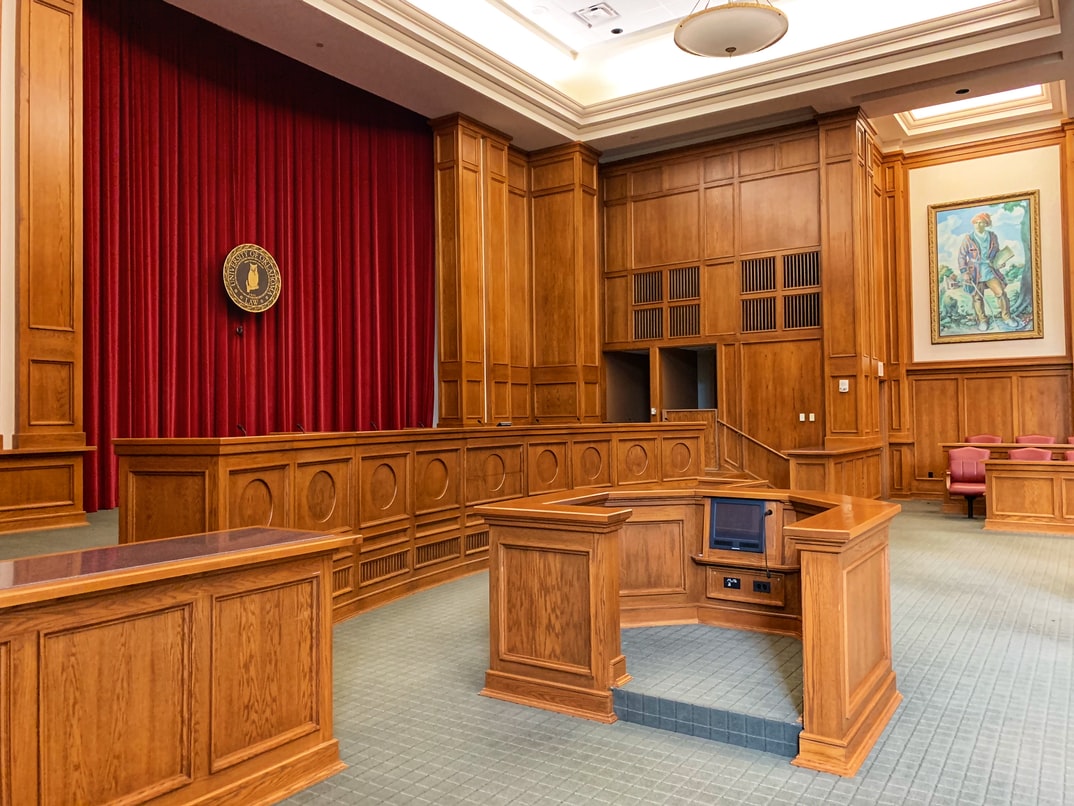Breaking into a Home that is Not Inhabited is Not First Degree Burglary – California Penal Code Section 460
Have you been charged with breaking into a home with the intention of burglarizing it? You may be surprised to learn that Penal Code Section 460 (PC 460) defines first degree burglary to specify an “inhabited” dwelling house or vessel. All other burglaries are of the second degree.
However, Penal Code Section 459 (PC 459) refers to the crime of burglary as intent to commit grand or petty larceny. PC 459 does define “inhabited” as meaning currently being used for dwelling purposes, whether occupied or not. California burglary law distinguishes between the two degrees of this crime due to the potential for harm being done to any occupants of a dwelling, house or vessel during the course of the burglary.
Because burglary in the first degree is a felony, whereas burglary in the second degree is a ”wobbler” – meaning it may be charged as either a misdemeanor or a felony – it is very important to determine whether or not the home you burglarized was in fact inhabited.
Our attorneys at Wallin & Klarich have over 40 years of experience successfully defending thousands of clients charged with burglary. We have the experience and knowledge you need if you are facing the serious consequences of a crime of theft. The case below distinguishes between the two degrees of burglary and highlights the importance of having a skilled attorney represent you in criminal burglary proceedings.
People v. Burkett, No. C070257 (Cal. Court of Appeals, Oct. 15, 2013)

In May 2011, Defendant Penny Lynn Burkett and a co-defendant broke into a recently vacated home. Her fingerprints were found on the inside of the furnace closet. She was charged with first degree burglary pursuant to PC459 and vandalism under Penal Code Section 594(b)(1). She was convicted by a jury and ultimately granted probation on a suspended sentence of four years in prison.
On appeal, the defendant claimed that the jury’s special finding that the house she was convicted of burglarizing was inhabited was not supported by sufficient evidence. The Court of Appeal agreed with her, and vacated her sentence for first degree burglary. Her case was sent back to the lower court for resentencing as a crime of burglary in the second degree.
The Court of Appeal Vacates Defendant’s Sentence
The Appeals Court reasoned as follows: “[w]hether a person inhabits a place – whether the person has made a place his or her place of residence – is a question of fact. The prosecution bears the burden of establishing beyond a reasonable doubt that someone inhabited the home. Here, there is no evidence that the burglarized residence was inhabited – that it was currently being used by someone for dwelling purposes. Under established California precedent, it is not enough to show the home was suited for use as a residence and its owner had declared his intent to move in, or that it had been recently used or would be imminently used.”
You Face Serious Consequences if You are Convicted of First Degree Burglary
Burglary in the first degree is punishable by two, four or six years in prison. If you are charged and it is proven that another person, other than an accomplice, was present in the residence during the commission of the burglary, your conviction counts as a “strike” under California’s Three Strikes Law. If you are sent to prison, you would be required to serve a minimum of 85 percent of your sentence before you would be eligible for release onto parole.
Burglary in the second degree may be charged as either a misdemeanor or a felony, depending on the circumstances of the crime and your criminal record, if any. A second degree burglary conviction carries up to one year in jail as a misdemeanor and up to three years in jail as a felony.
However, our attorneys at Wallin & Klarich want you to understand that the prosecution must prove every element of a crime beyond a reasonable doubt in order to convict you. This is why you need experienced legal representation from Wallin & Klarich during every phase of your case.
Our Attorneys at Wallin & Klarich Can Defend You against a Charge of Burglary
If you or someone you know has been arrested for burglary, you need to speak with one of our attorneys at Wallin & Klarich today. Hiring an attorney from Wallin & Klarich experienced in burglary cases could be the difference between going to jail or prison, getting probation, or having your charges reduced or dismissed.
With offices in Los Angeles, Sherman Oaks, Torrance, Tustin, San Diego, Riverside, San Bernardino, Ventura, West Covina and Victorville, our attorneys at Wallin & Klarich have over 40 years of experience defending our clients charged with committing first degree burglary. If every element of a crime cannot be proven beyond reasonable doubt, we will be able to help you avoid a conviction for this serious crime. We will get you the best possible result in your case.
Call us today at (877) 4-NO-JAIL or (877) 466-5245 for a free telephone consultation. We will get through this together.



